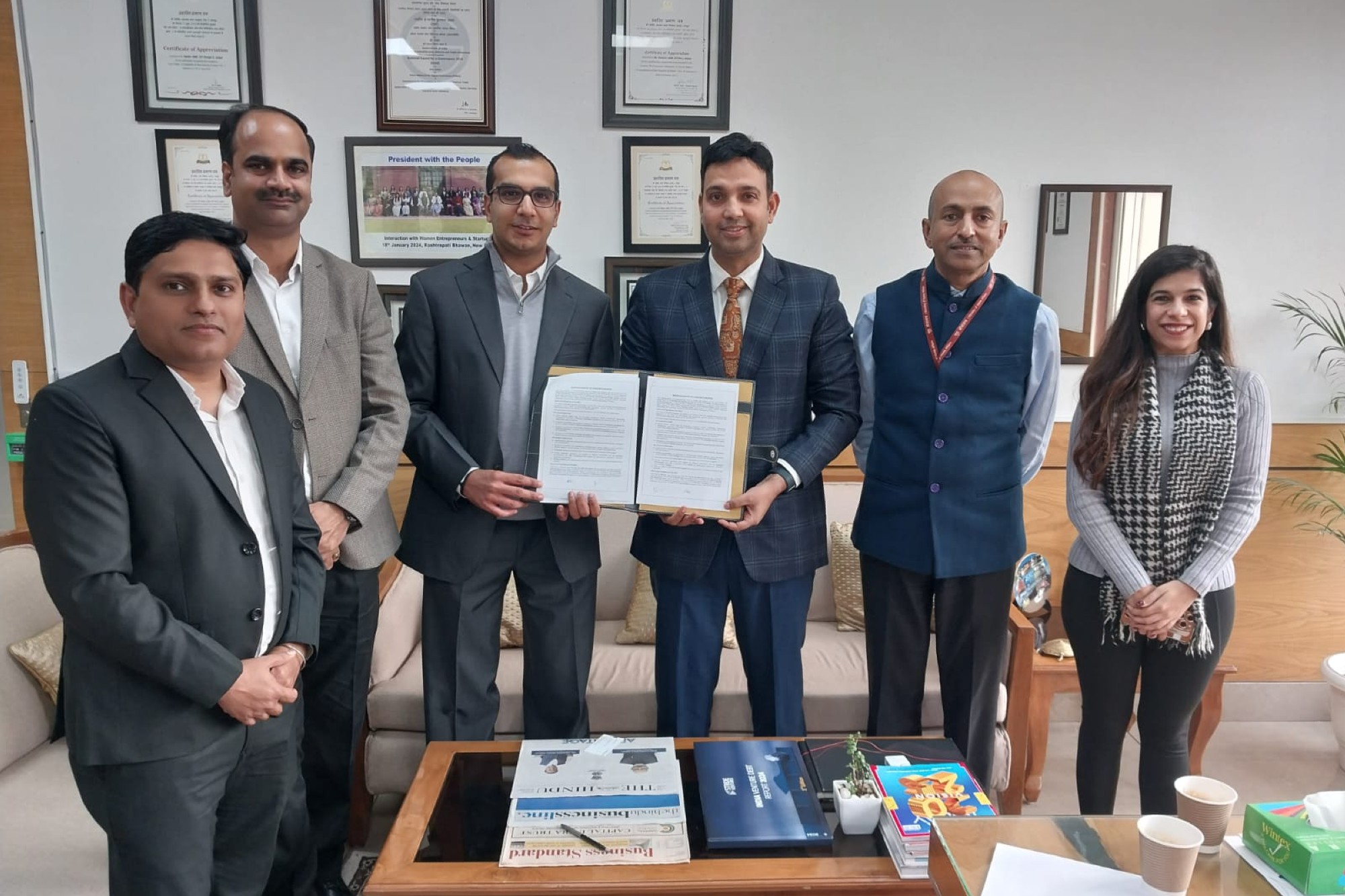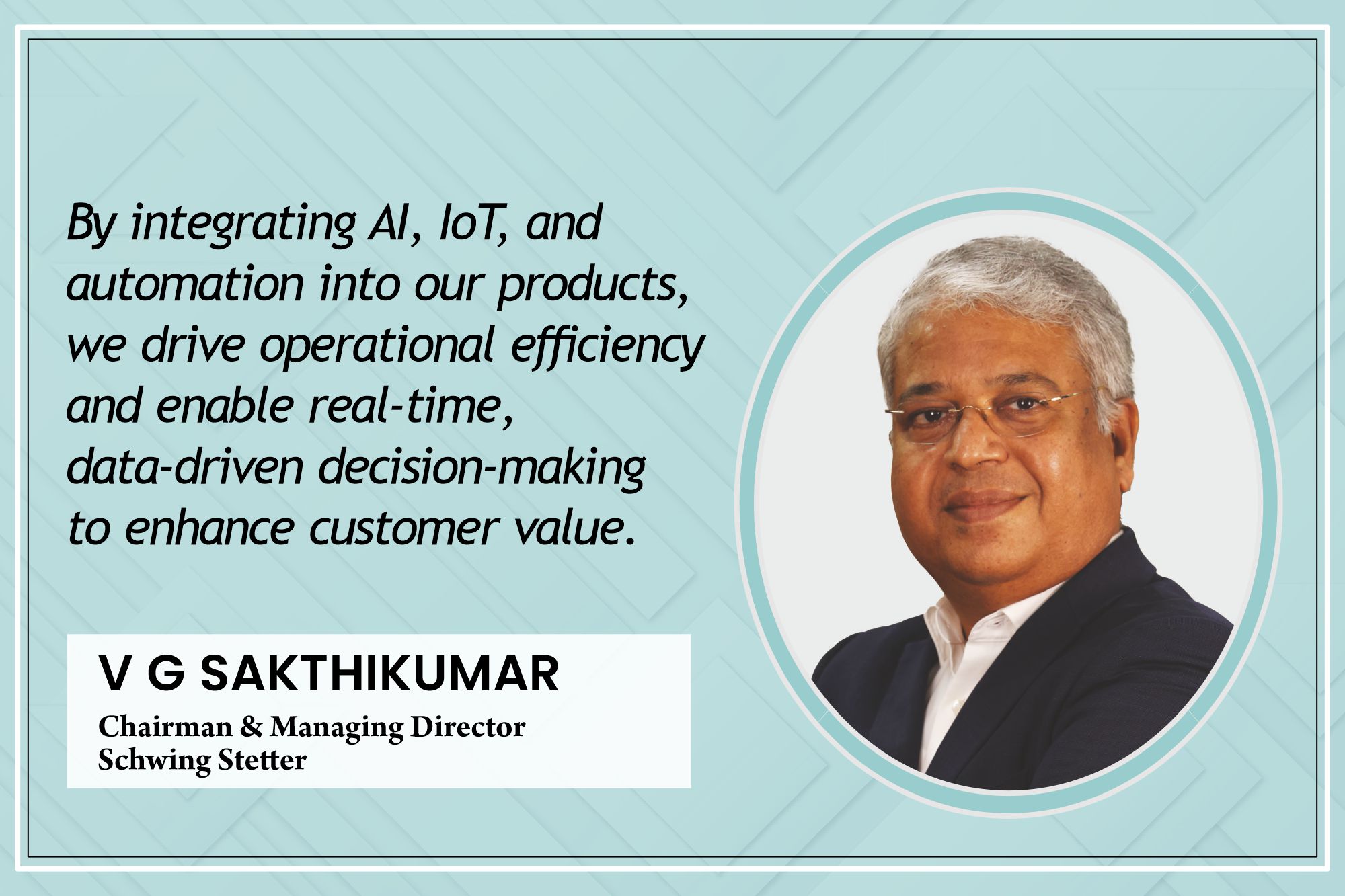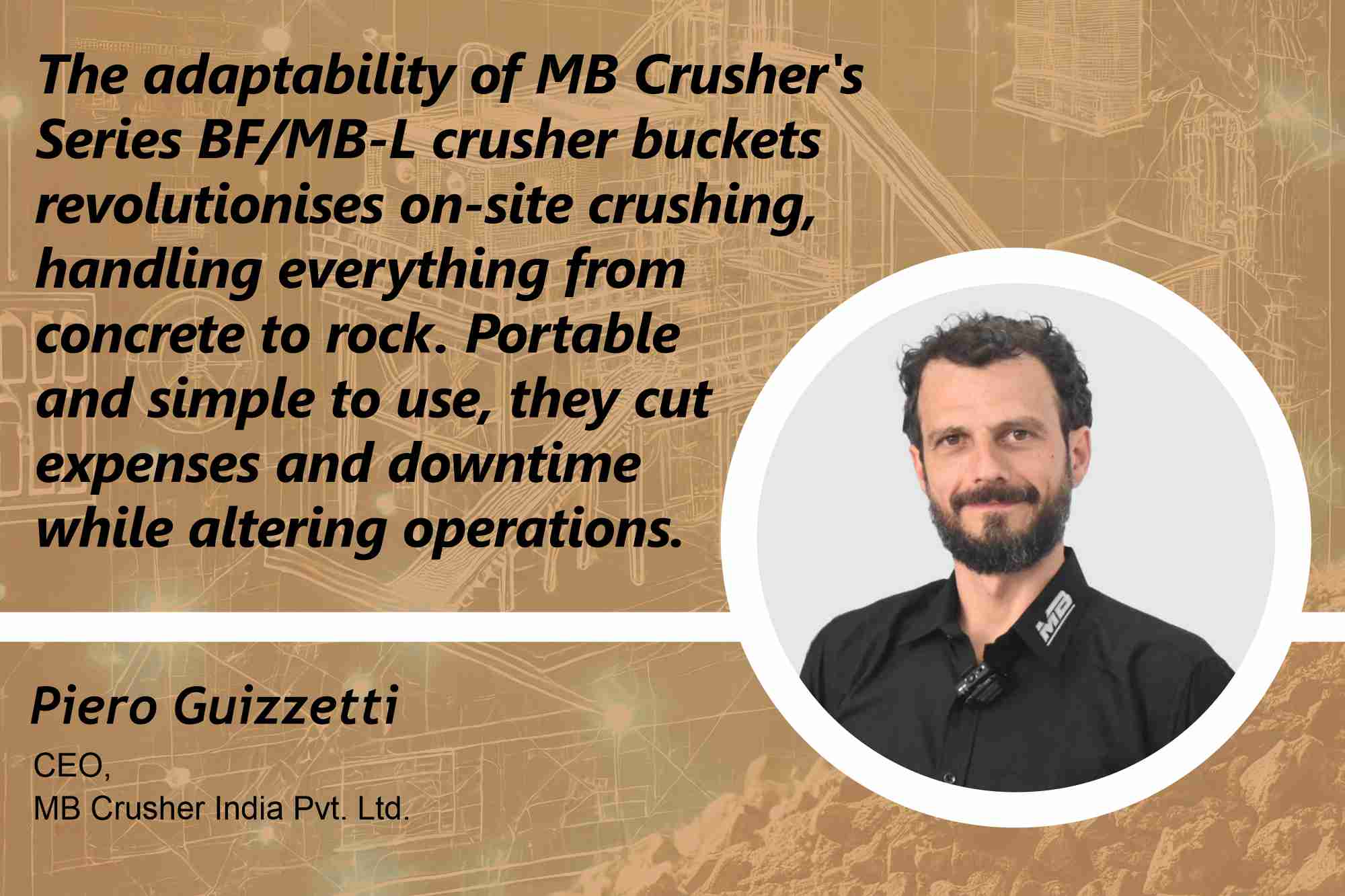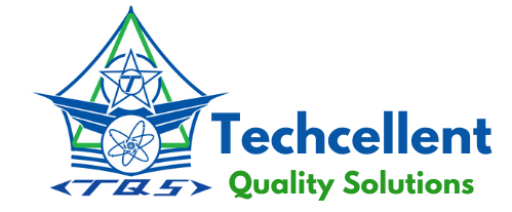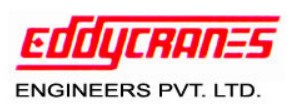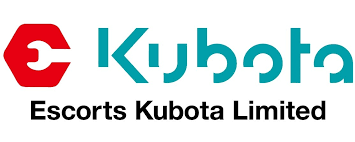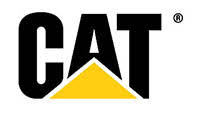Need for established model in supply chain
By Edit Team | November 2, 2018 11:16 am SHARE
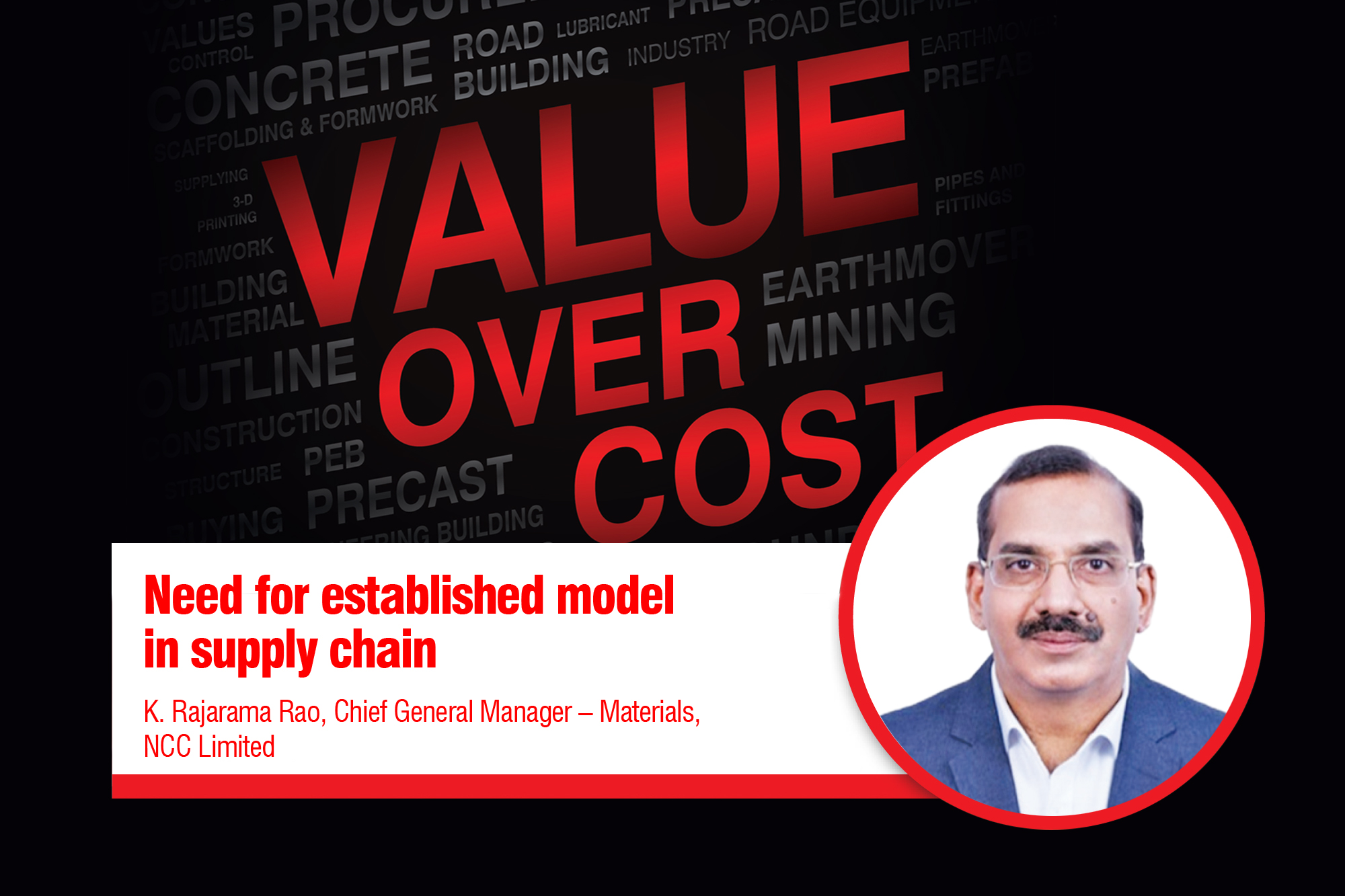
The departments in procurement have evolved in meeting new challenges, working with global vendor base or managing competition by quickly riding over the learning curve. Procurement professionals emerged as successful meeting industry expectations by easily adopting new technologies and proven methodologies. The success, visibility and importance of procurement function in overall organisation grew so much that procurement now controls over half of the annual budget in many industries.
With the recognition and increased importance of procurement departments, organisations expected them to take new challenges. Now, procurement professionals are expected to take new responsibilities like simplifying supply chain complexity, encourage suppliers for innovation and value engineering, and enhance operational security.
Supply chain management in construction
Supply chain management (SCM) activity in the construction industry has been neglected a lot over the years. However, since some time, there has been a change in thinking owing to heavy competition that has emerged with the entry of global players and rapid increase in number of domestic construction companies.
The competition among construction companies has forced them to tighten their SCM to enable them to stay in the market.
Transforming SCM in construction
Supply chain management in construction industry is very complex as there is no established process or model compared to manufacturing industry. This is because SCM in construction has been developed in isolation from industrial engineering. This may be attributed to its nature such as intermittent flow and non-repeated projects.
With their entry, global players have brought new technologies and proven methodologies. Joint ventures with international companies have also helped construction companies transform their way of working. Now, competition is between supply chains as opposed to companies. Whoever has strong SCM will win the race.
Digitalisation in SCM process
“As mentioned, SCM is given the least priority in construction industry. However, increase in size and geographical spread has forced the industry to use modern technologies and equip themselves with EIP/ERP which has enabled quick deliverables and improved control in their activities,” K. Rajarama Rao, Chief General Manager – Materials, NCC Limited said.
Some big construction companies have already done away with paperwork and their entire cycle of activities are run through portals. Also, due to increase in number of transactions, processing of indents and completing the cycle up to payment is not possible manually. Hence, some companies have even synchronised their portals with vendor portals so that the process of bills happens automatically. This is called electronic data interface (EDI) which has been adopted by L&T Construction and Tata Steel successfully.
Comparing SCM practices
“We have seen dramatic transformation in SCM over the years. The days have gone where negotiations used to happen on a standalone basis across the table. Now, companies have realised that the relationship between vendor/agency is not mere business but it should be long term and mutually beneficial. We have seen innovative ideas like pre-bid support, pre-bid agreements, long- term fixed price agreements, value engineering, etc,” Rao says
Nowadays, vendors and sub-contractors are referred to as partners in business.
Quite often, “L1” principle is followed in finalisation of vendors/agencies, which later gives higher probability of delays and inferior quality. How can such situations be managed to ensure right vendors or contractors are awarded the work?
“I don’t agree with the L1 principle of awarding the contract will delay the project or will have inferior quality. Generally, people make the mistake of inviting bids from A, B and C grade vendors/agencies for the same job without understanding the criticalities and capabilities required for that particular job. Based on the type of work, the selection of agencies has to be done to ensure equal caliber and capable agencies are competing for bidding,” he said.
During technical discussions, it should be ensured that the scope and resource requirement are clearly discussed and agreed, so that all the competing agencies are on the same platform. If all are brought on to the same platform, there is no wide variation in L1, L2 etc., and the fear of low quality or delay in execution are eliminated, according to Rao.
Challenges in SCM implementation
While challenges are plenty, there is a solution for every challenge if handled systematically and meticulously. To minimise the challenges, risk assessment has to be done and mitigation plans are to be implemented at the beginning of each project.
Alignment is another factor. “There are so many internal departments involved and often we see people work in compartments with individual agenda which leads to delay in the project execution. Aligning everyone to a single agenda and common goal is an important factor for successful SCM,” according to Rao.
“I consider managing supply chain an art. Organisations have realised the importance of supply chain portfolio as spend on materials extend up to 50-60 per cent of their sales,” Rao is of the view.
The job of SCM professionals starts from the project bidding stage itself supporting tender teams with competitive prices, pre-bid tie-ups, etc. They also play a major role in working capital management of a project, by minimising inventory with just in time (JIT) & vendor managed inventory (VMI) and availing extended vendor credit period, he says.
Modern day SCM professional are expected to add value in every aspect they deal in.
Now, world market has opened up with internet and worldwide web. Reach to global market is very short and imports are happening from low-cost countries.
Value engineering is one more important aspect in SCM. Exploring alternatives, mechanisation of major activities (like steel service centres) etc., are part of SCM professionals’ portfolio.
Value over cost is the new paradigm in modern day SCM. In this fast growing scenario, organisations are more focused on gestation period and ROI. Hence, to some extent, cost has become insignificant.
Modern day SCM is also influenced by a data-driven world which is dominated by disruptive technologies, such as Blockchain, Artificial Intelligence and Internet of Things. If digital solutions are applied strategically, the function will start seeing improvements in the firm’s bottom line.
Vendors and execution agencies are considered partners in business. Success of the project is possible only by making ‘them’ successful. In the prevailing liquidity crunch situation, extended vendor credit is managed by vendor financing. Nowadays this is done through the Master Accounts Receivable Purchase Agreement (MARPA) scheme offered by major foreign banks.
Controlling time and cost over-run
The success of any project is measured based on the time and cost over-run. The role of SCM professional is very important in controlling these parameters. The turnover of construction companies is increasing multifold due to congenial environment. Hence, there is a significant increase in volumes handled by SCM professionals. Unless they simplify the process to handle these volumes, sustainability or living up to the expectations of top management is very difficult.
Proactive actions are expected instead of postmortem. Data analysis will help in swift and accurate decision making. Most of the valuable time should be devoted to high-value negotiations, small and repetitive items should be covered by annual rate contracts. Keep abreast of global market which may impact domestic price. Cover price volatility by commodity hedging. Volume aggregation and leveraging is an important aspect in procurement.
Last but not the least, capability development and skill improvement is a regular process; update oneself with latest technologies and happenings in industry.
Increase in size and geographical spread has forced the industry to use modern technologies and equip themselves with EIP/ERP.
K. Rajarama Rao, Chief General Manager – Materials, NCC Limited
Cookie Consent
We use cookies to personalize your experience. By continuing to visit this website you agree to our Terms & Conditions, Privacy Policy and Cookie Policy.


